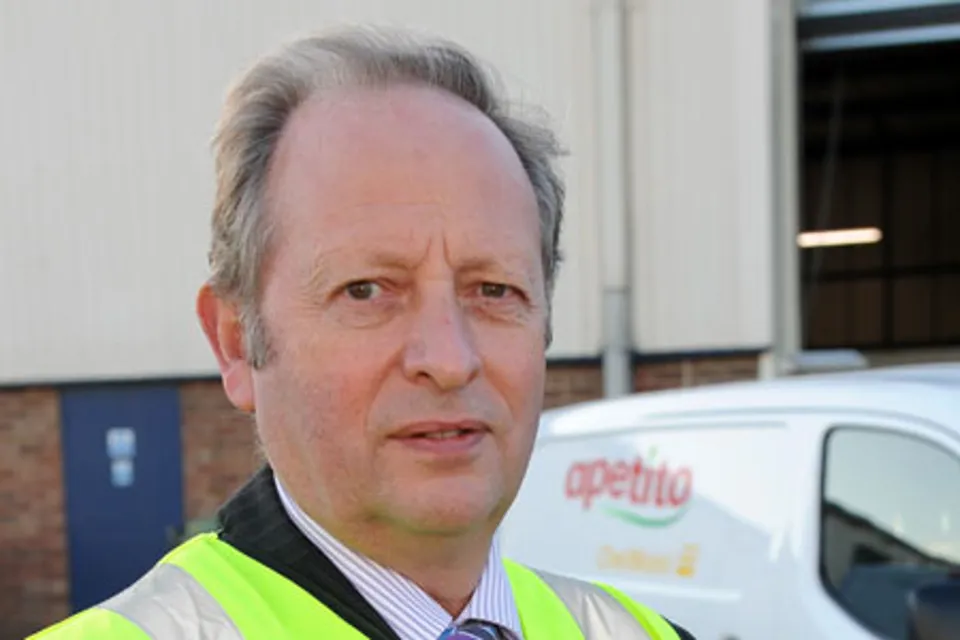He adds: “The Chefmobil is safe and easy to use, but we are always looking for design improvements to make operations hassle-free.”
Demand for home delivery in all its forms – perhaps most noticeably from the major supermarkets and internet shopping – is increasing and community-based meals-on-wheels is no exception with an ageing population and a health care service that aims to ensure people remain in their own homes for as long as possible.
Sayers says: “We are in a fast-changing market and our ability to respond, which includes driving down costs in partnership with Hitachi Capital, is vital. A fully functioning and reliable fleet is integral to our business model.
“The Chefmobil vans are a product of a long-standing relationship with Hitachi Capital.
"It understands the Apetito business and has worked to achieve a truly innovative and practical solution that has delivered significantly greater reliability and reductions in vehicle downtime and overall running costs as well as better meal quality.”
The regeneration temperature of meals must be above the legal limit of 75°C or 82°C in Scotland with the minimum serving temperature at 63°C in both cases.
Meals regenerated by traditional systems are at their optimum temperature at the end of the regeneration phase.
Therefore, by the time the delivery window begins, the meals have started to lose their temperature and nutritional value.
Optimum quality
However, the Chefmobil splits the delivery window into three shorter segments; ensuring meals are at the legal optimum temperature on delivery.
Sayers says: “Three oven chambers in one vehicle means cooking starting times can be staggered to ensure that all meals are at their optimum quality at the point of delivery.

















Login to comment
Comments
No comments have been made yet.